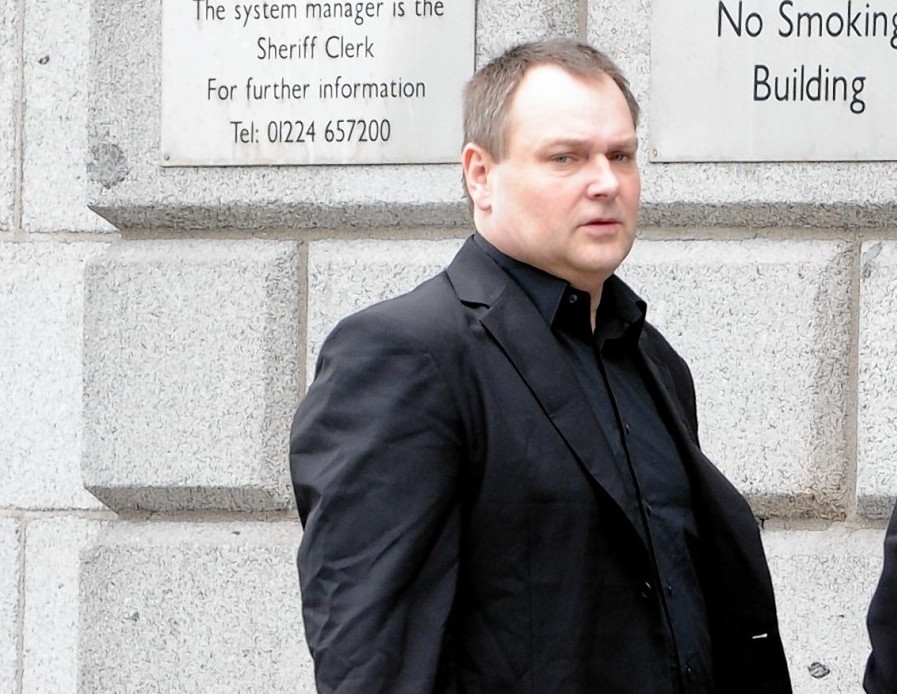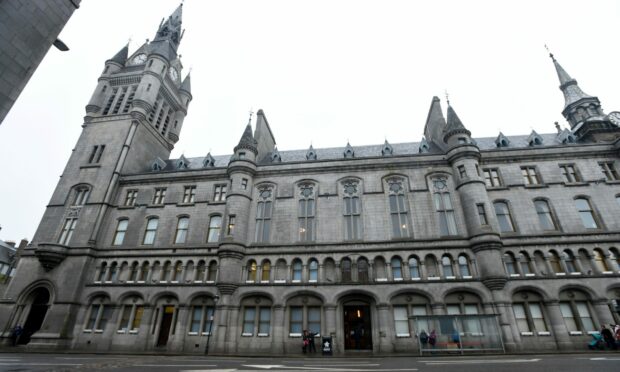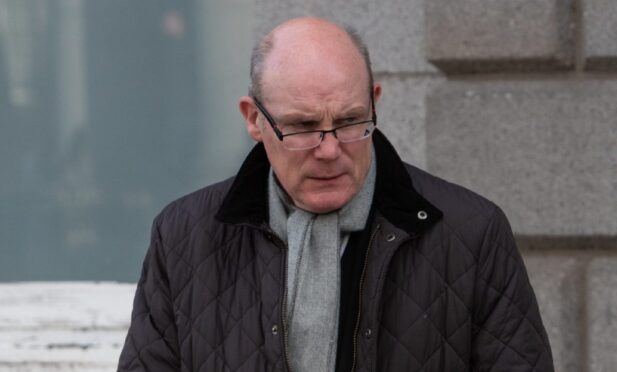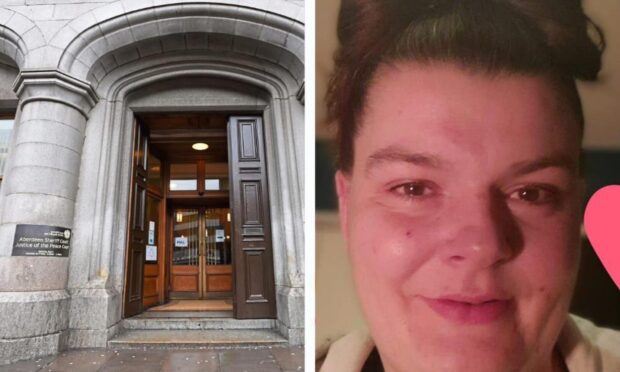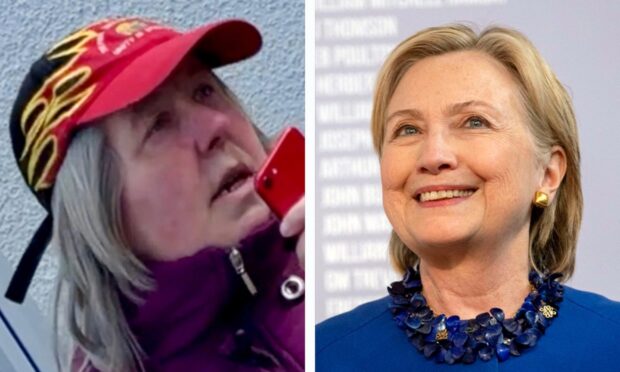Victims of sexual abuse regularly delay disclosing information about what has happened to them because they feel “ashamed and embarrassed”, a court has heard.
Processor Bill Lindsay, a leading clinical psychologist, was giving evidence at the High Court in Aberdeen yesterday during the trial of Duncan Begg who is accused of committing a series of horrifying offences in the Highlands over a 26 year period.
The 46-year-old is facing a total of 43 charges, including 10 rapes involving three different women.
Begg is further accused of using lewd, libidinous and indecent practices towards two young boys and attempting to rape a child aged between one month and six years old.
It is also alleged that he attempted to rape a 12-year-old girl while he was acting with another man.
Throughout the course of the trial jurors have heard evidence from numerous witnesses who claimed to have been sexually assaulted or raped by Begg between January 1984 and January 2010.
Some of the women claimed to have been raped on several occasions and one alleged victim claimed she remembered Begg sexually abusing her when she was a child.
During their evidence the women told the court that they had waited years to report the offences to the police as they had been “ashamed and embarrassed” by what had happened. Another woman said she did not think she would be believed if she tried to tell anyone.
Yesterday, professor Lindsay said that this was a typical and common feeling experienced by those who have been abused.
When asked if it was normal for victims to use language such as “I just put up with it” or “I gave up” when discussing why they allowed the assaults to happen more than once he said: “The research suggests that the more often the violence occurs women begin to tolerate it and they say it’s just to get it over with. They believe if they were to resist the violence or sexual violence it just makes it worse.”
Prof Lindsay added: “The most common reasons given for delayed disclosure of such abuse is embarrassment, shame and fear of the abuser or fear of the repercussions on themselves.”
Begg is also on trial accused of trying to “cook” a child by placing him over a lit cooker and under a grill, as well as killing a kitten.
Begg, of 14 Cruachan Place, Portree, Skye, denies all the offences, which allegedly took place in Caithness.
He has lodged a special defence, claiming all the sexual contact between himself and the women was consensual.
The trial, before Judge Morris, continues.
